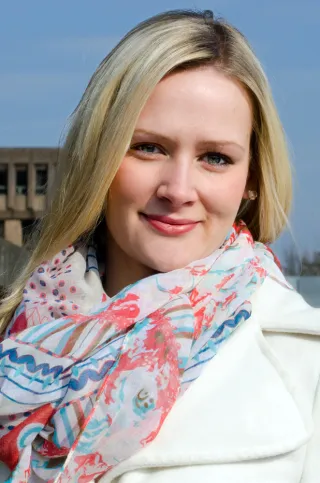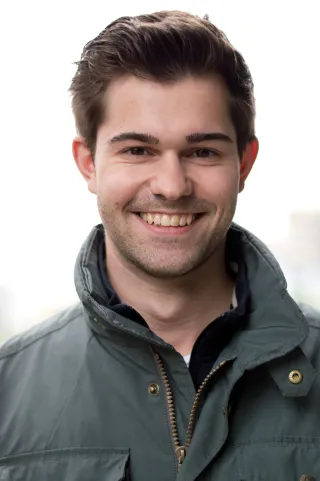Master 1 subject
Management and Economics, Master 1 subject
- What kind of goods should enterprises manufacture and what should the selling price be?
- How does one coordinate team work among thousands of employees in large corporations?
- Which kind of data do executive staff require to identify and solve problems?
- Which are the advantages and hazards of globalisation?
- How can successful commercial operations be reconciled with environmental protection?
Profile |
|
|
Degree
|
Master of Science
|
|
Start
|
Winter- and summer semester
|
|
Duration
|
4 semesters
|
|
Classroom language
|
German, English
|
|
Admission
|
Restricted
|
Other degree programs in the subject
rub



